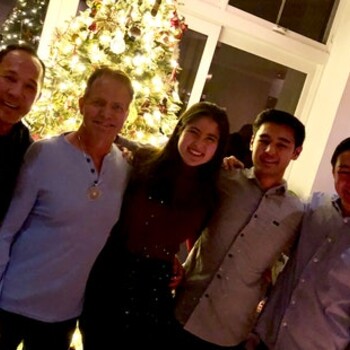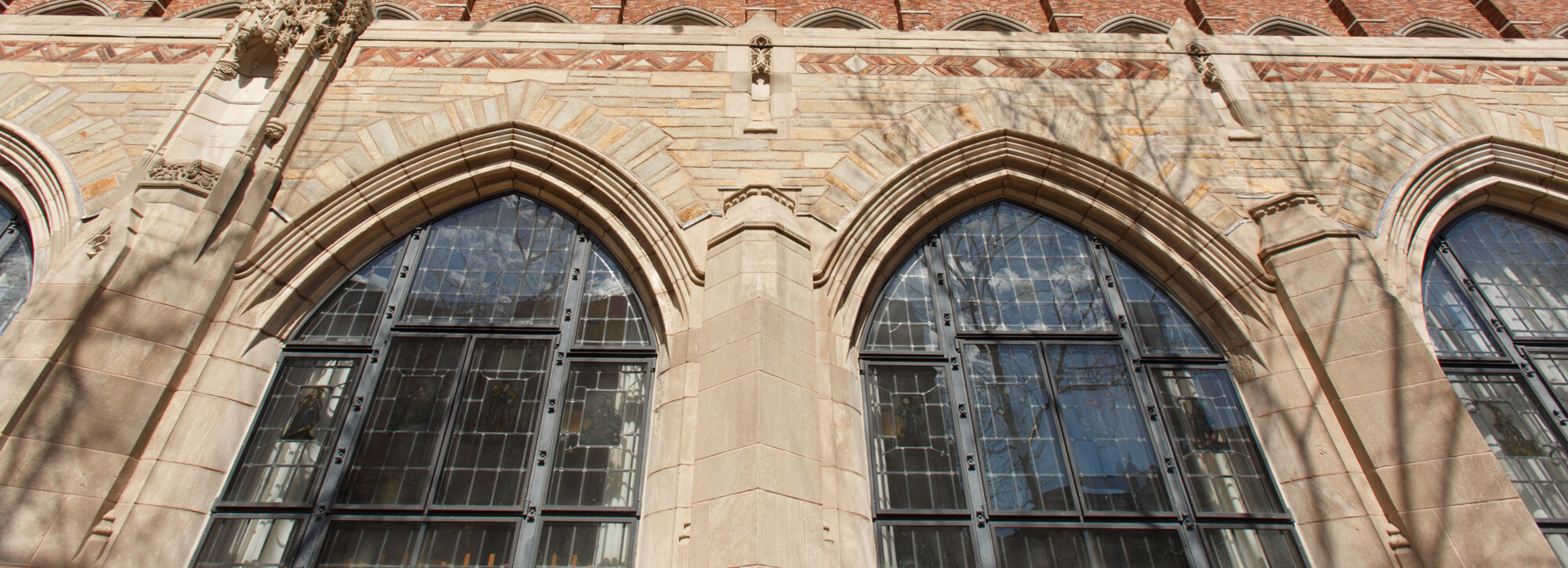Malina’s Story
Twenty-five years ago, my fathers persevered in the face of laws that saw them as unfit to be parents. For 10 years, my parents fought tirelessly to have me. They braved shut doors, slurs, and a hostile legal system. They knew their dearest wish in life was to love and care for a child. Just when they were going to give up, surrogacy came through, and I was born. At the time of my birth, I was one of the first children born through assisted reproduction to two gay men.

When I was born, I was not legally the child of one of my fathers. Over the course of the next two years, my parents would go through a grueling legal process to secure parentage rights. During that time, my surrogate was my legal mother, and one of my fathers was deprived of all rights to custody and decision-making authority. Today, a quarter-century later, many states still do not provide LGBTQ couples equal access to securing parentage.
To be sure, because of a Connecticut Supreme Court decision from 2011, a gay couple can secure their parentage in court when they have a child through surrogacy. But other LGBTQ families who have children through assisted reproduction in Connecticut are not so lucky. There are thousands of Connecticut children that still must grow up knowing that their families are not equal in the eyes of Connecticut law. Due to deficits in Connecticut parentage law, many children of LGBTQ+ parents must experience the legal uncertainty that my family did. Many must still confront the fear that they could be separated from their parents in the case of conflict or tragedy. They also must live with the possibility that if an emergency should occur, their parent could not be there to make decisions for them.
Exclusive parentage law broadcasts to the world that children like me do not belong. When I was growing up, laws like Connecticut’s gave credence to the schoolyard bullying and kindled my own insecurities; at times, it led me to feel shame. In my adolescence, I often felt the need to hide my parents, and in my lies, I felt I had betrayed the people that loved me and fought for me the most.
Connecticut law as it stands deprives children of legal protections and stigmatizes families like mine. It relegates loving parents to legal strangers and erects legal obstacles for prospective parents. It demeans the love our families share.
Even though the law and all its authority did not recognize my dads as parents, my fathers’ love and commitment shows me every day that the law is wrong. Today, thousands of Connecticut LGBTQ families prove that the state’s law is mistaken about our families. Families like mine should not be excluded from the protections of the law — and people like my parents deserve to be treated as parents in every sense.
